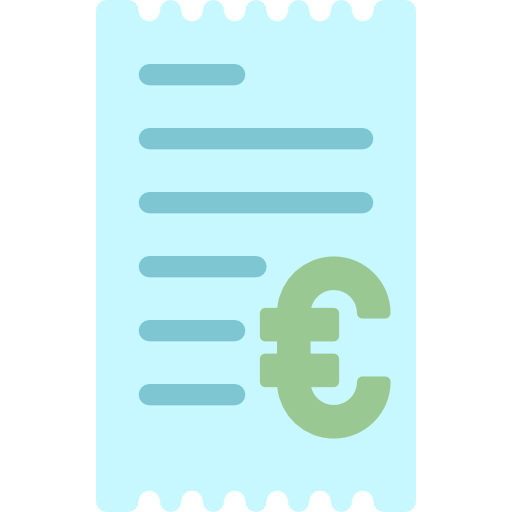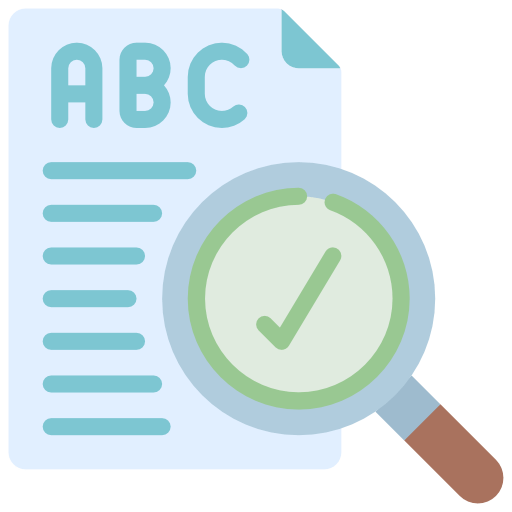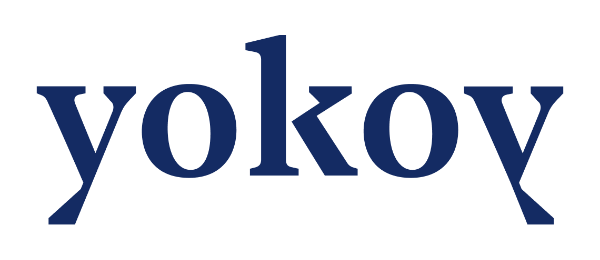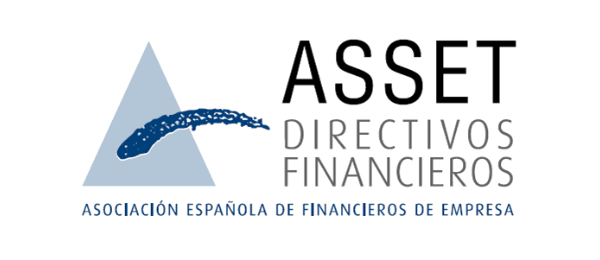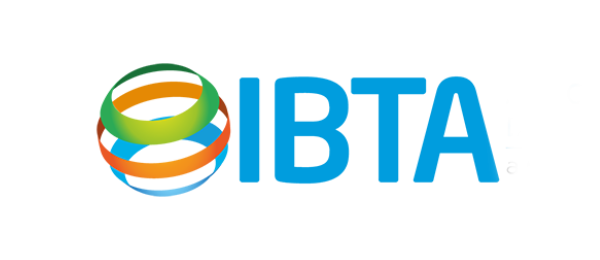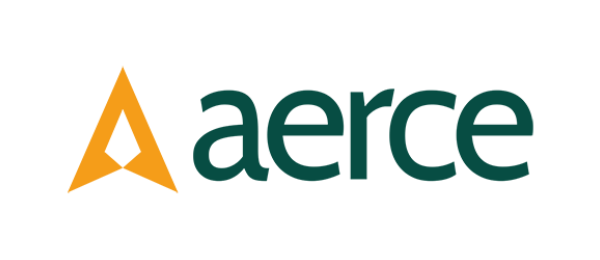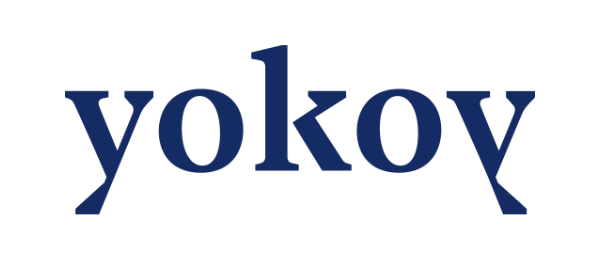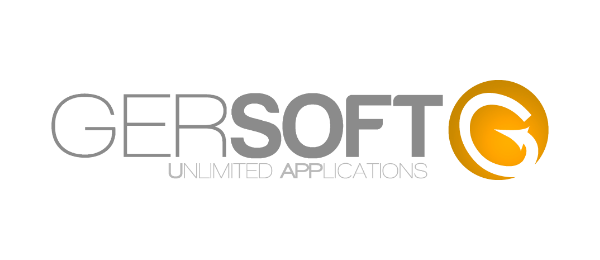Llevamos más de 15 años optimizando los impuestos y gestionando los gastos de nuestros clientes
¿Qué hacemos?
Nuestro objetivo sigue siendo el mismo desde el primer día: facilitar la gestión del gasto de nuestros clientes a la vez que optimizamos su pago de impuestos. Llevamos más de 15 años trabajando con un sistema de desarrollo propio que nos ha convertido en los especialistas líderes en la recuperación del IVA soportado en tickets y nos ha llevado a crecer, ampliando nuestra cartera de servicios para adaptarnos a las necesidades de las empresas para las que trabajamos.
¡Aprovecha los beneficios que solo el líder en la recuperación del IVA soportado en los tickets puede ofrecer!
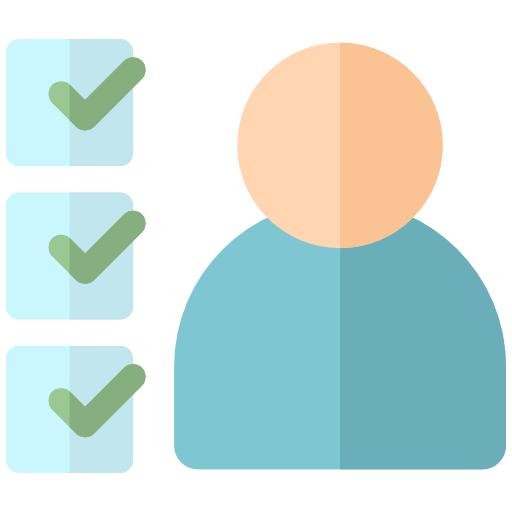
Nos adaptamos a ti
Cada cliente tiene su forma de trabajar, por eso ofrecemos un servicio flexible adaptado a las necesidades de cada uno. Además es un servicio Hands-free que busca el máximo rendimiento sin descuidar la atención al cliente

Servicio internacional
Ofrecemos un servicio internacional adaptado a la legislación de cada país en el que recuperamos IVA, mientras buscamos llegar a nuevos mercados

Sin mínimos, ni cuotas
¡Tarifamos a éxito! Cobramos un porcentaje del IVA recuperado por lo que nosotros solo ganamos si tú ganas. No solicitamos cuotas fijas ni mínimos. Un servicio Win-Win en el que el cliente verá aumentada su liquidez

Analytics
Encuentra posibilidades de ahorro, contacta con tus principales proveedores y lleva un control de tu política de viajes. En definitiva explota el potencial de información que te damos para optimizar tus gastos

Tecnología y trabajo humano
La clave del tan elevado porcentaje de recuperación que alcanzamos es la perfecta combinación entre la tecnología más vanguardista y un sólido equipo de profesionales que nos ha permitido elaborar un método de trabajo único

“No hay nada que ilustre mejor una solución WIN-WIN que trabajar con 60dias. He sido testigo durante los últimos años de la perfecta simbiosis entre su excepcional equipo de profesionales (siempre cercanos y accesibles) y la tecnología más puntera existente en el mercado. Ambos factores son garantía de éxito y de nuestra satisfacción total como clientes”

“No hay nada que ilustre mejor una solución WIN-WIN que trabajar con 60dias. He sido testigo durante los últimos años de la perfecta simbiosis entre su excepcional equipo de profesionales (siempre cercanos y accesibles) y la tecnología más puntera existente en el mercado. Ambos factores son garantía de éxito y de nuestra satisfacción total como clientes”

“Trabajamos con 60dias desde hace un tiempo y han sido uno de nuestros mejores aliados en el ingreso de un efectivo aparentemente casi imposible de recuperar, obteniendo excelentes resultados con su método sencillo y eficaz. Una gran satisfacción por nuestra parte, con una experiencia de trabajo muy directa, cercana y amena por parte de su equipo”

“Trabajamos con 60dias desde hace un tiempo y han sido uno de nuestros mejores aliados en el ingreso de un efectivo aparentemente casi imposible de recuperar, obteniendo excelentes resultados con su método sencillo y eficaz. Una gran satisfacción por nuestra parte, con una experiencia de trabajo muy directa, cercana y amena por parte de su equipo”

“60dias se adapta perfectamente a nuestra forma de trabajar -con personas, a través de la innovación y hacia los resultados- así como a los pilares de nuestro modelo de negocio -Diversidad, Inclusión Digital y Sostenibilidad Medioambiental-. Su equipo humano nos apoya y asesora aportando eficiencia a nuestros procesos”

“60dias se adapta perfectamente a nuestra forma de trabajar -con personas, a través de la innovación y hacia los resultados- así como a los pilares de nuestro modelo de negocio -Diversidad, Inclusión Digital y Sostenibilidad Medioambiental-. Su equipo humano nos apoya y asesora aportando eficiencia a nuestros procesos”
Partners
La extensa colaboración con los principales operadores y consultores del management y la gestión de empresas es sin lugar a duda una de las claves de nuestro éxito. Nos integramos con las principales aplicaciones de gestión del gasto para facilitar el proceso a nuestros clientes. Además trabajamos con asociaciones y empresas de distintas índoles con el objetivo de obtener las sinergias necesarias para mejorar el servicio que ofrecemos.

